Both political parties seem determined that the federal government should create a "stimulus package" of things designed to cushion a downturn in the economy.
That alone should be enough to make us remember that "the devil is always in the details," because things that are bipartisan are often twice as bad as things that are partisan.
A bipartisan intervention is virtually guaranteed to be a grab bag of inconsistent policies thrown together in order to get the votes of people with contradictory ideas of what ought to be done.
The idea of a stimulus package is based on the general notion that there are things the government could do to make things better in the economy.
Unfortunately, there is a vast difference between what the government could do and what it is likely to do.
Economists can give you all sorts of scenarios in which government intervention could make things better, whether when fighting off a recession, regulating domestic markets or controlling international trade.
Some people even believe that whenever there is "market failure," the government ought to step in.
Of course markets can fail. Everything human can fail. But if Alex Rodriguez strikes out, do the Yankees take him out of the game and send in a pinch hitter for him?
No one would dream of suggesting such a thing. We are far more rational when discussing sports than when discussing politics.
The fact that the market is not doing what we wish it would do is no reason to automatically assume that the government would do better.
Recommended
There are too many examples of government interventions that made things worse, the Great Depression of the 1930s being the most tragic.
Those on the left love to believe that the stock market crash of 1929 showed the failure of the free market and that the New Deal interventions in the 1930s saved the day.
But the stock market crash of 1987 was just as big and Ronald Reagan resisted loud calls for him to intervene. The result was not another Great Depression but the beginning of a decades-long period of prosperity.
Before Presidents Herbert Hoover and Franklin D. Roosevelt came along, there was no expectation that the federal government would intervene when the stock market crashed or when there was a downturn in the economy.
Previous stock market crashes and previous downturns in the economy worked themselves out faster and less painfully than the Great Depression of the 1930s, just as the 1987 crisis did.
The track record of government intervention is far less impressive than its rhetoric.
One of the biggest problems with government intervention in the economy is that politicians usually have neither the knowledge nor the incentives to intervene at the right time.
Bruce Bartlett has pointed out that most government intervention in an economic downturn comes too late. That is, the problem it is trying to solve has already worked itself out and the government intervention can create new problems.
More fundamentally, markets readjust themselves for a reason. That reason is that people pay a price for their misjudgments and mistakes.
Government interventions are usually based on trying to stop them from having to pay that price.
People who went way out on a limb to buy a house that they could not afford are now being pictured as victims of a heartless market or deceptive lenders.
Just a few years ago, people who went out on that limb made money big-time in a skyrocketing housing market. But now that they have been caught in the ups and downs that markets have gone through for centuries, the government is supposed to bail them out.
Solving short-run problems, especially in an election year, often means creating long-run problems. Pumping money into the economy can help many problems. but do not be surprised if it also leads to inflationary pressures and financial repercussions around the world.

















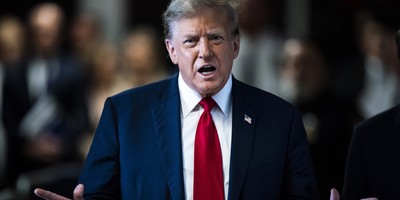


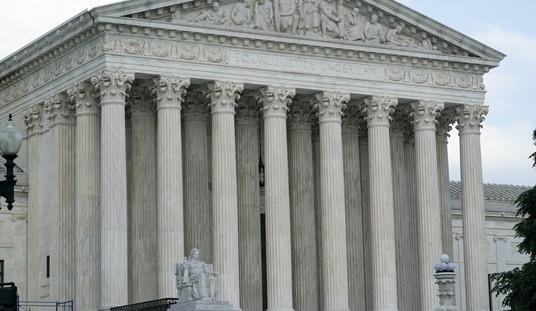
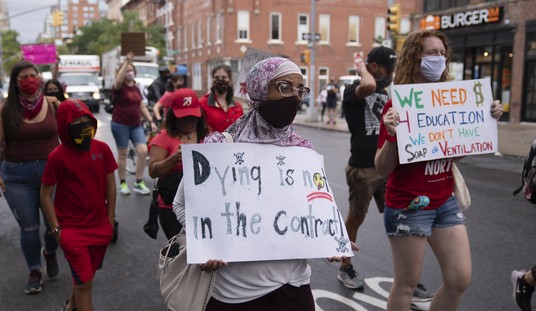
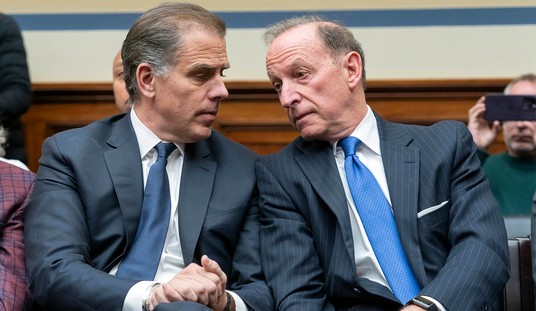
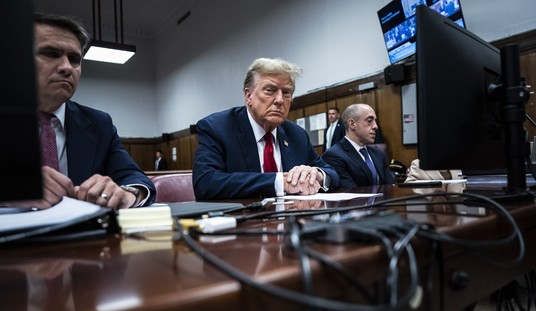
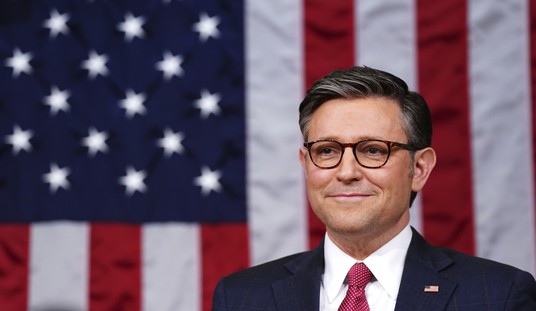
Join the conversation as a VIP Member